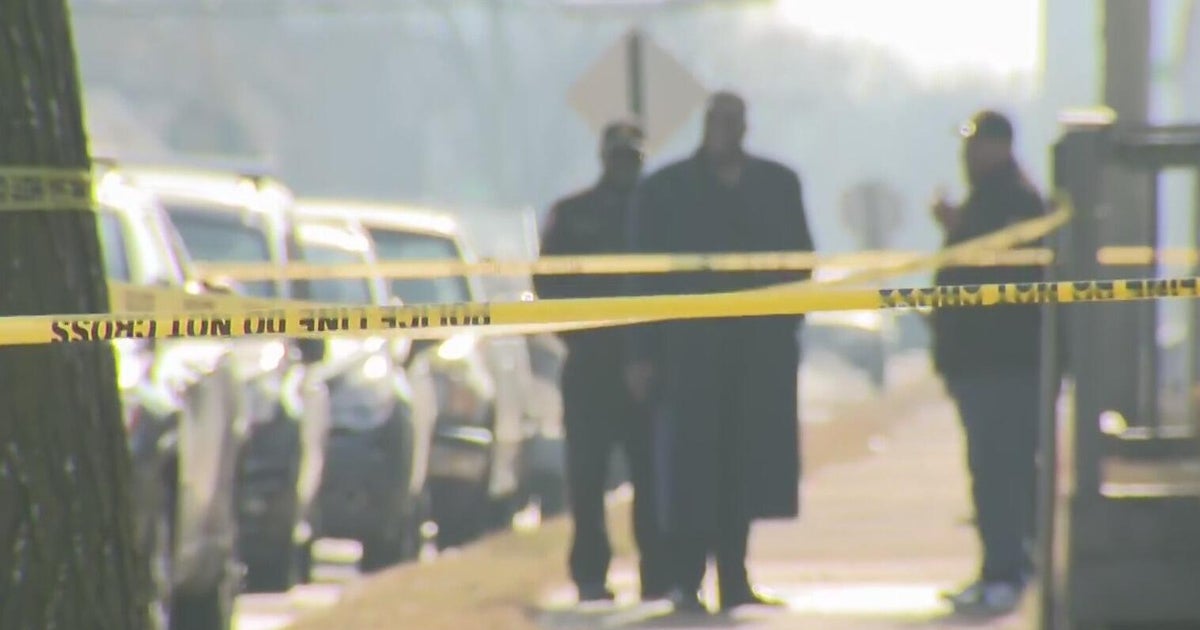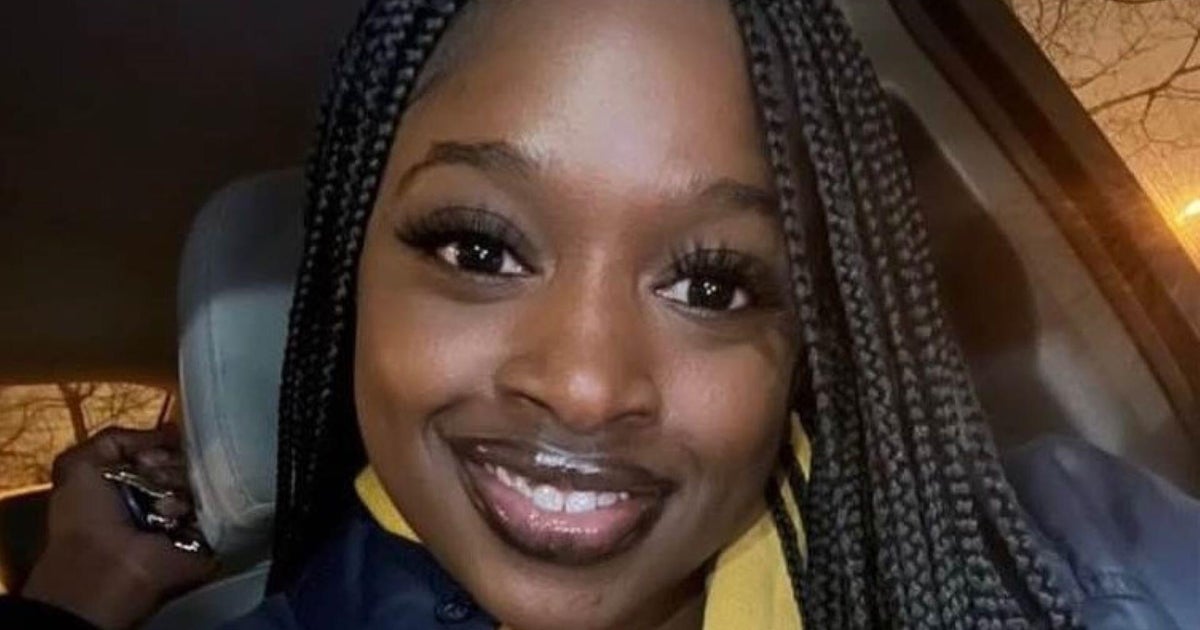Exclusive: Inside The Mind Of A Serial Killer
DANNEMORA, N.Y. (CBS 2) -- They are startling revelations from a brutal killer.
The man behind more than a dozen murders in New York is offering his take on last month's gruesome beach discovery on Long Island.
CBS 2's Mary Calvi spoke exclusively to Joel Rifkin about his killing spree and about what could be a new serial killer in our area.
"Certain things are very hard to stop," Rifkin said recently.
Like addiction to murder. Rifkin terrorized the city over a four-year span, killing one woman after another with his bare hands. Rifkin was finally stopped by police, on a routine traffic stop when a Long Island officer noticed his front license plate was missing.
An odor in Rifkin's truck led to the discovery of a body. Rifkin confessed to all 17 killings.
"You think of people as things," Rifkin said.
And now, a new killer may be following in his murderous footsteps.
A little graveyard was found by the beach off Ocean Parkway on Long Island last month, the final resting place of four women.
It was a scene eerily similar to a case four years ago just outside Atlantic City. There, just a mile from the beach in a drainage ditch, four women are found dead, strangled to death.
Four women were murdered in Atlantic City and four women were murdered on Long Island -- four years apart and all unsolved.
Could crimes of the past offer a clue?
The year was 1990. The murderous rampage of notorious Long Island serial killer Rifkin came to an end.
In maximum security prison for 16 years now, Rifkin spoke with Calvi in detail about his killing spree -- 17 prostitutes.
"Drug addicted, disease-carrying vermin is the lie I told myself," Rifkin said.
Unlike the groups of four discovered on Long Island and in Atlantic City, Rifkin said he disposed of the bodies in threes.
"There were mini clusters, little sets of three," Rifkin said. "Three were dismembered. Three were in oil drums. Some were in water. Some were on land. It's like my own little nightmare scenarios."
Rifkin painstakingly covered up his crimes in threes. He researched past crimes for details.
"Water is harder to investigate than land because it washes everything," Rifkin said.
The killer in Atlantic City may have known that as well. The victims were discovered face down in several inches of water. Key evidence was washed away. Rifkin added that's no coincidence.
"There's a guy in Atlantic City that they were all pointing at the casino. And again it was four women in one location," Rifkin said. "Since there's four in one place, he's probably comfortable with the area."
Calvi: "Would you have killed again, if you weren't caught?"
Rifkin: "As much as I say I wanted to stop there probably would have been others."
Rifkin's victims were nearly invisible to society.
"They're easy because they travel a lot. They can disappear for months," he said.
Calvi: "What about the women you killed? Was there a thought about the lives that you took, the families that were ruined?"
Rifkin: "You lie to yourself. You deny that there's a family. You deny that's there's parents and possibly kids. You think of people as things."
Throughout his trial and incarceration, Rifkin still could not explain one thing: why.
"I don't know. Why do people try to quit smoking for their entire lives?" Rifkin said.
"As much as I say I wanted to stop, there probably would've been others."
The courts sentenced Rifkin to more than 200 years in prison, making any chance of parole, impossible.







